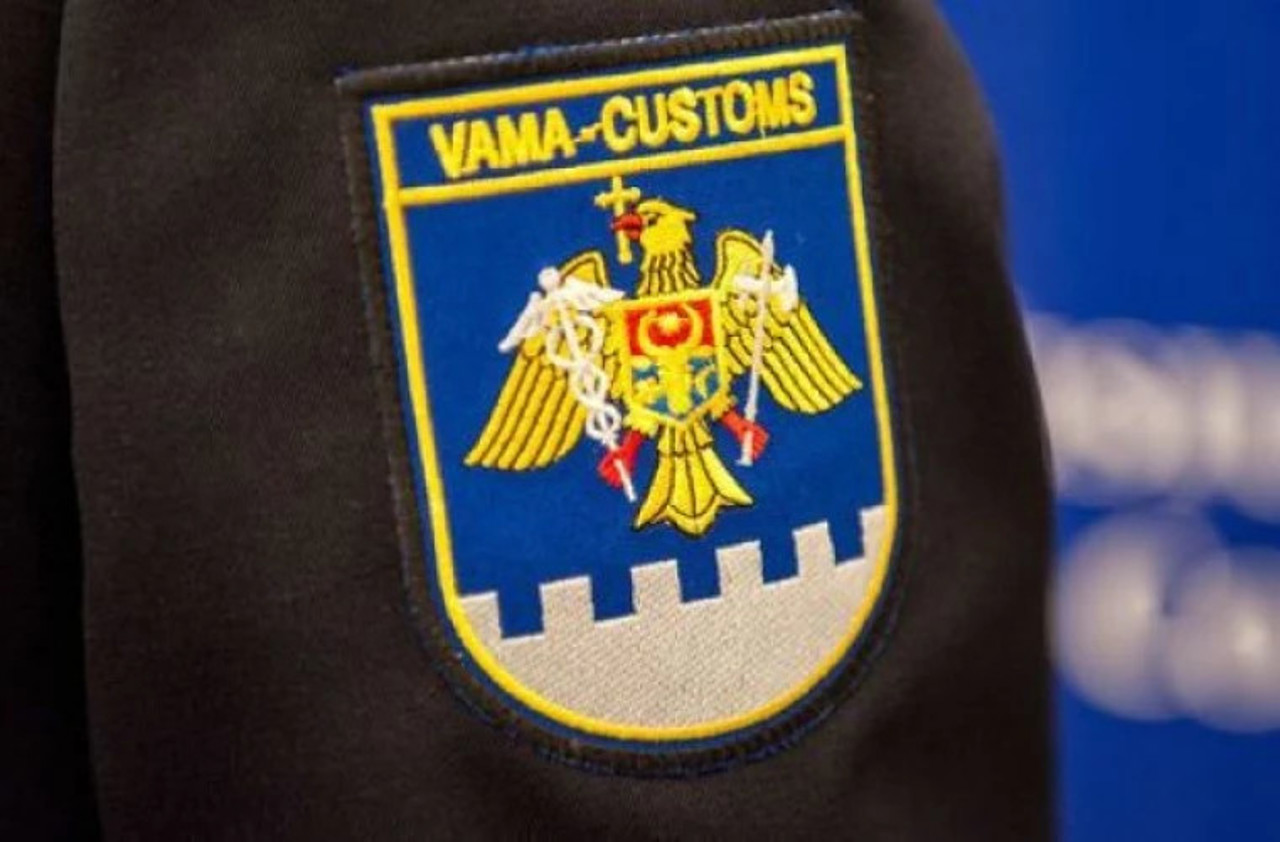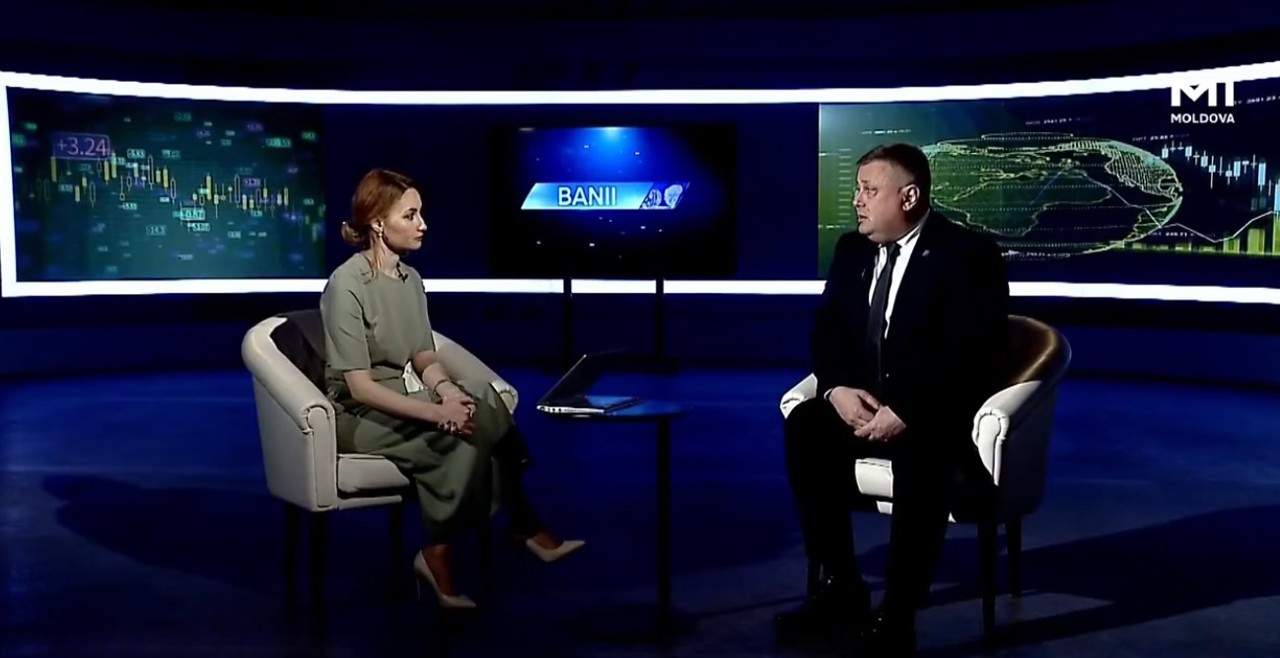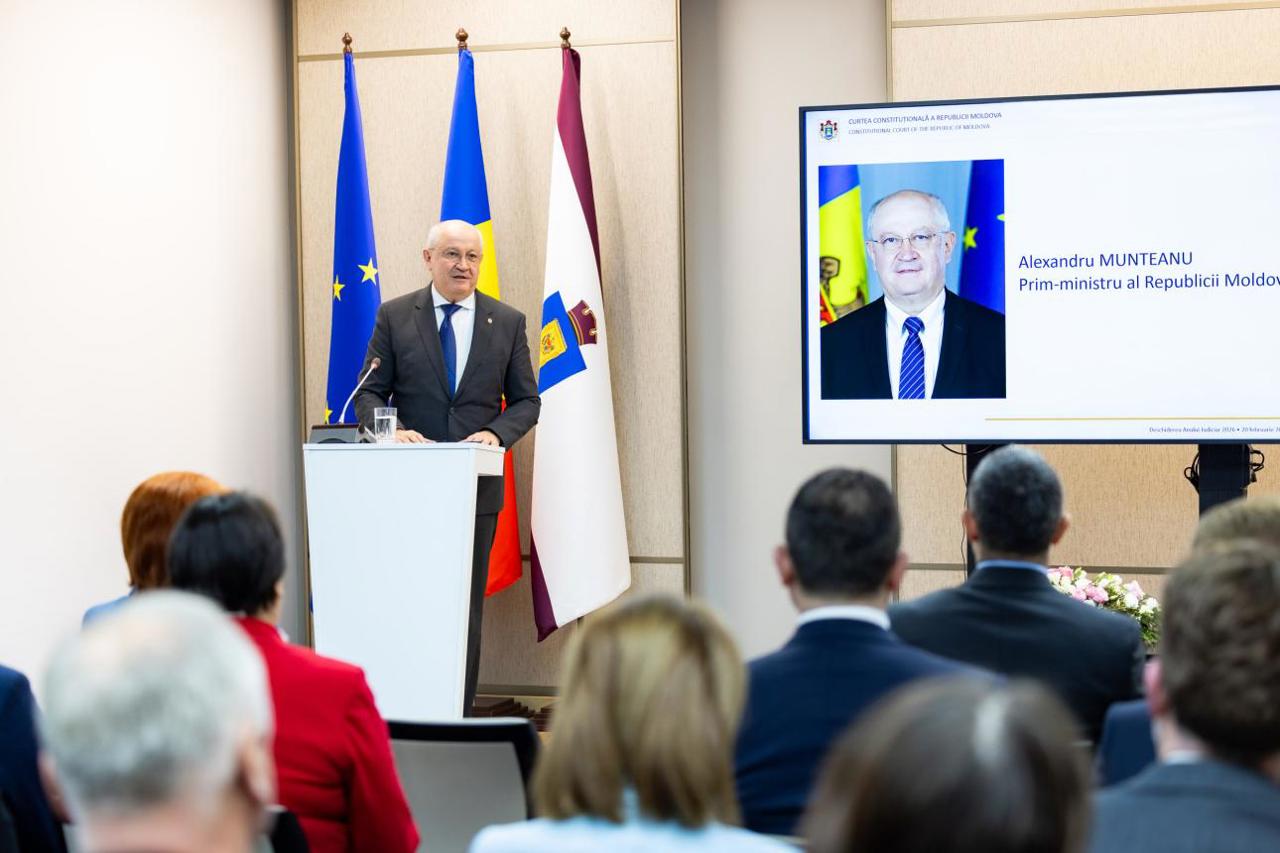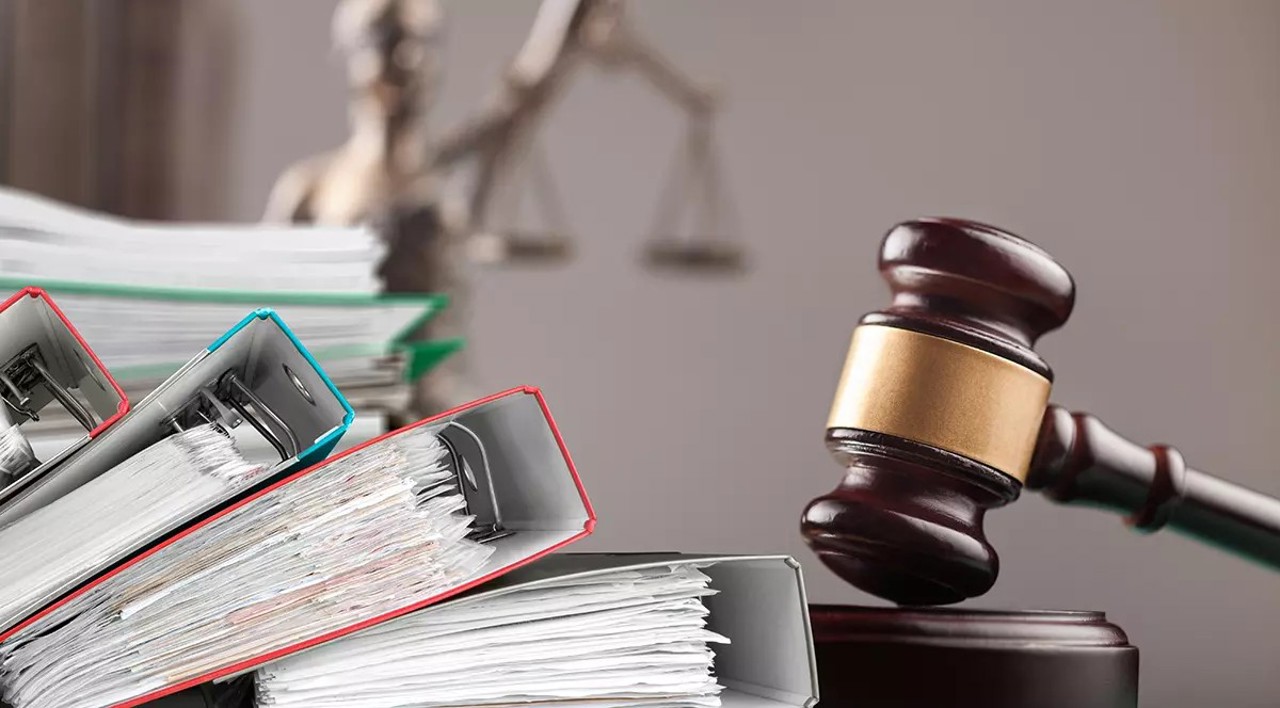EU harmonisation fuels Moldova's customs modernization
A transformative era for Moldova's trade landscape commences on January 1, 2024, with the entry into force of the nation's revised Customs Code.

The code prioritises harmonisation with European Union (EU) customs legislation and paves the way for a digitalized system, aiming to enhance efficiency and facilitate business operations.
The cornerstone of the reform lies in the progressive digitization of the customs information system. "All customs procedures will undergo gradual digitalization, commencing January 1st," declared Igor Talmazan, head of the Moldovan Customs Service. He emphasised the tangible benefits for businesses, highlighting "the utilisation of modern customs control technologies" and streamlined processes as key features of the updated code.
"The new procedures, particularly for exports, will facilitate automated export declaration validation and reduce interaction with customs authorities," Talmazan elaborated. "For imports, we will implement a digitalized procedure that transitions from random checks to a system based on clearly defined principles. Only specific consignments flagged by our risk analysis system will be subject to control, empowering businesses with greater responsibility for their cargo."
External partners have contributed approximately 40 million lei in financial support for the implementation of the new code. The EU, Moldova's primary trade partner, warmly welcomes the move. "The EU Customs Code operates effectively across 27 member states, and its adaptability to Moldova's context is evident," stated Vasile Plămădeală, trade officer of the EU delegation to Chisinau. He further underscored the significance of modernised customs regulations in Moldova's ongoing quest for EU integration: "A robust and efficient trade environment is fundamental to this process."
The adoption of the new Customs Code fulfils a critical commitment outlined in the Moldova-EU Association Agreement. The accompanying Regulation for its implementation will come into effect alongside the code on January 1st, 2024.
Translation by Iurie Tataru





